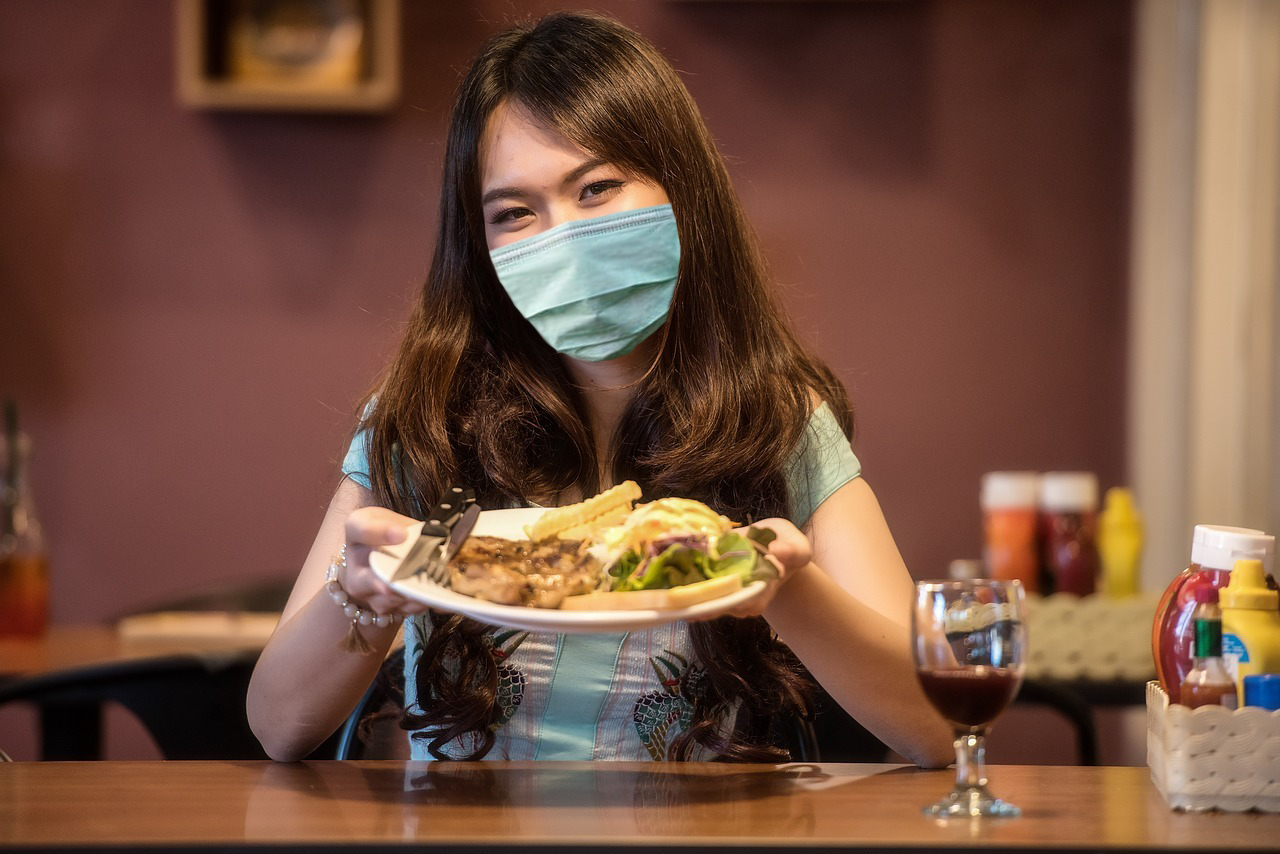The global swelling of government power and the associated decline in individual liberty as a response to the coronavirus pandemic is unprecedented in modern times. New lockdown orders and continued restrictions on mobility and commerce inflict severe human and economic costs, with depression rates soaring and more than 150 million people thrust into extreme global poverty.
Perhaps nowhere is the sweeping and intrusive government response to the coronavirus more apparent than in recent orders and advisories related to Thanksgiving celebrations in the US. For example, California enacted a new stay-at-home order and curfew, while mandating that no more than two households can gather together at a time. (California governor Gavin Newsom was recently caught violating his own rules while attending a birthday party for friends at an upscale restaurant.)
Vermont governor Phil Scott announced that no one is allowed to gather with anyone outside of their own household (indoors or outdoors) until mid-December. He then amended his order to say residents can go for a socially-distanced walk outside with one person beyond their household. Governor Tim Walz of Minnesota issued a similar order, banning residents from getting together with anyone outside of their household, indoors or outdoors.
Small Gatherings Are Not Responsible for Case Surges
These new government restrictions, which essentially crush traditional Thanksgiving plans for many families, are not based on any sound science. The New York Times reported this week that many public officials are touting the idea that the coronavirus is surging due to private household gatherings. “But many epidemiologists are far less certain,” writes the Times, “saying there is little evidence to suggest that household gatherings were the source of the majority of infections since the summer. Indeed, it has become much harder to pinpoint any source of any outbreak, now that the virus is so widespread and Americans may be exposed in so many ways.”
The data presented by the Times suggests that private social gatherings are not the main source of coronavirus spread, prompting one interviewed infectious disease modeler to call the new bans on household gatherings “bizarre.”
According to the Times:
“In Colorado, only 81 active cases are attributed to social gatherings, compared with more than 4,000 from correctional centers and jails, 3,300 from colleges and universities, nearly 2,400 from assisted living facilities, and 450 from restaurants, bars, casinos and bowling alleys. In Louisiana, social events account for just 1.7 percent of the 3,300 cases for which the state has clear exposure information.”
How To Eat Your Turkey
Even in places where families and friends are allowed to gather for Thanksgiving, government officials may require caps on attendees and provide extensive guidelines on how these holiday celebrations should be conducted. For instance, my city of Cambridge, Massachusetts tells residents not to talk while unmasked and to “take turns eating or drinking so that two people are not simultaneously unmasked.”
If you are celebrating Thanksgiving with others outside of your household, please remember you should not talk while unmasked. People should take turns eating or drinking so that two people are not simultaneously unmasked, Learn more – https://t.co/EUCft50Ojk #CambMA pic.twitter.com/HZzPGbtgL3
— City of Cambridge (@CambMA) November 24, 2020
More concerning than these Thanksgiving orders is the willingness of citizens to acquiesce to government authority. This was emphasized in a recent Boston Globe article:
“‘That people take their lead from the government is natural,’ said one 32-year-old in Cambridge who has struggled to find common ground on pandemic safety with his roommate, who spends time in settings he thinks are unsafe, including gyms. He asked to stay anonymous out of concern that his roommate, the one person he sees regularly, would be upset. Reopening ‘puts more undue burden on the individual’ to determine what is safe, he said.”
As the renowned economist Ludwig von Mises wrote in The Ultimate Foundation of Economic Science: “Planning other people’s actions means to prevent them from planning for themselves, means to deprive them of their essentially human quality, means enslaving them.” It seems that increasingly people prefer the government to do the planning for them.
When we get to the point where individuals find it “natural” for the government to tell us how to take turns eating our Thanksgiving turkey, a pandemic is the least of our concerns.




